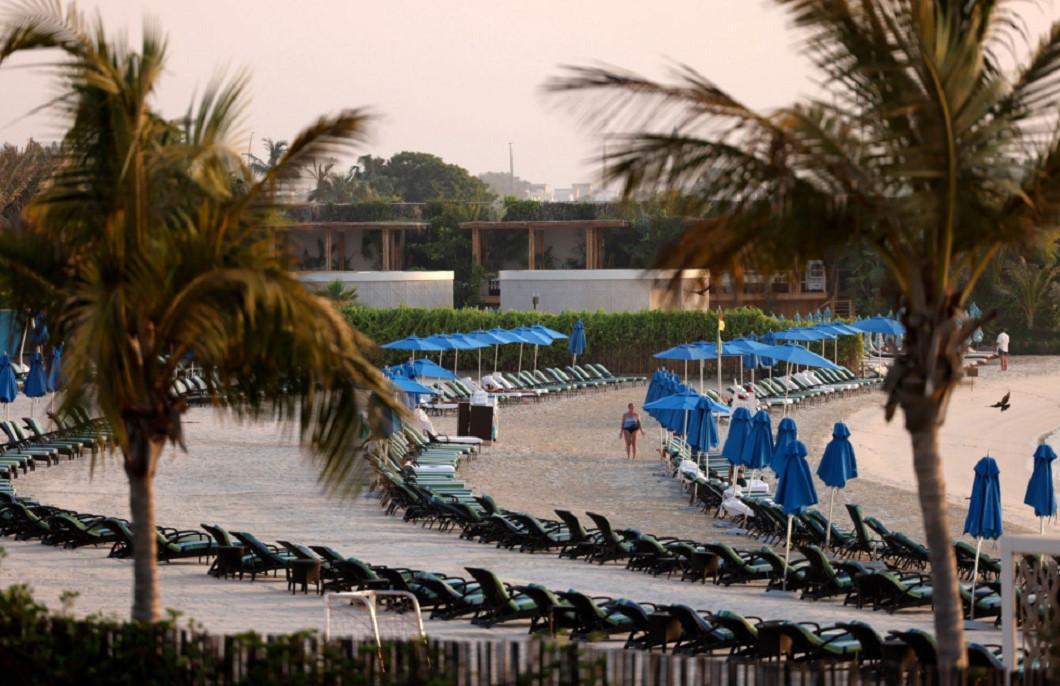
With deluxe match packages selling for thousands of dollars and five-star hotels doing a brisk trade, a sheen of glamour coats Qatar’s World Cup despite football’s working-class roots.
A penchant for luxury in the energy-rich Gulf state, which has one of the world’s highest GDPs per head, has rubbed off on an unusually high-end edition of a tournament for the masses.
If you’re able to spring $4,950 for a VIP ticket to a group game, you can enjoy drinks, a six-course meal and entertainment at a lounge overlooking the halfway line at Lusail Stadium, north of Doha.
Those with bottomless budgets in the resource-rich region have attractive accommodation options too, with one third-party site offering $4,000-a-night hotel rooms and $26,000 for a “head of state” suite, with a 30-night minimum stay.
Things are a little different for ordinary fans.
Cheaper options include a steel bed in a shared room in the semi-desert near the capital at $84 a night, or accommodation on docked cruise ships from $179 to $800.
Stadium crowds will include Qatar’s migrant labourers, who were offered some tickets at 40 riyals ($11) to watch a sport whose players and core supporters are traditionally blue-collar.
Many supporters will stay elsewhere in the Gulf and board the estimated 100-200 World Cup shuttle flights a day from the United Arab Emirates (UAE), Saudi Arabia, Kuwait and Oman.
Even those options do not come cheap.
In Dubai, an hour’s flight away and expected to be a major destination, an official World Cup package costs $1,500 for four nights in a shared room, including one return flight to Doha but no match tickets.
According to Robert Mogielnicki, senior resident scholar at the Arab Gulf States Institute in Washington, hosting the World Cup is about “prestige” for Qatar, a monarchy of just 2.8 million people, overwhelmingly expatriate workers.
“I suspect that the Qataris will keep looking to attract wealthier tourists from elite circles,” said Mogielnicki, who is also adjunct assistant professor at Georgetown University and George Washington University.
“Lots of the momentum behind regional tourism projects, especially in Saudi Arabia, does seem to focus on high-end, luxury experiences these days.”